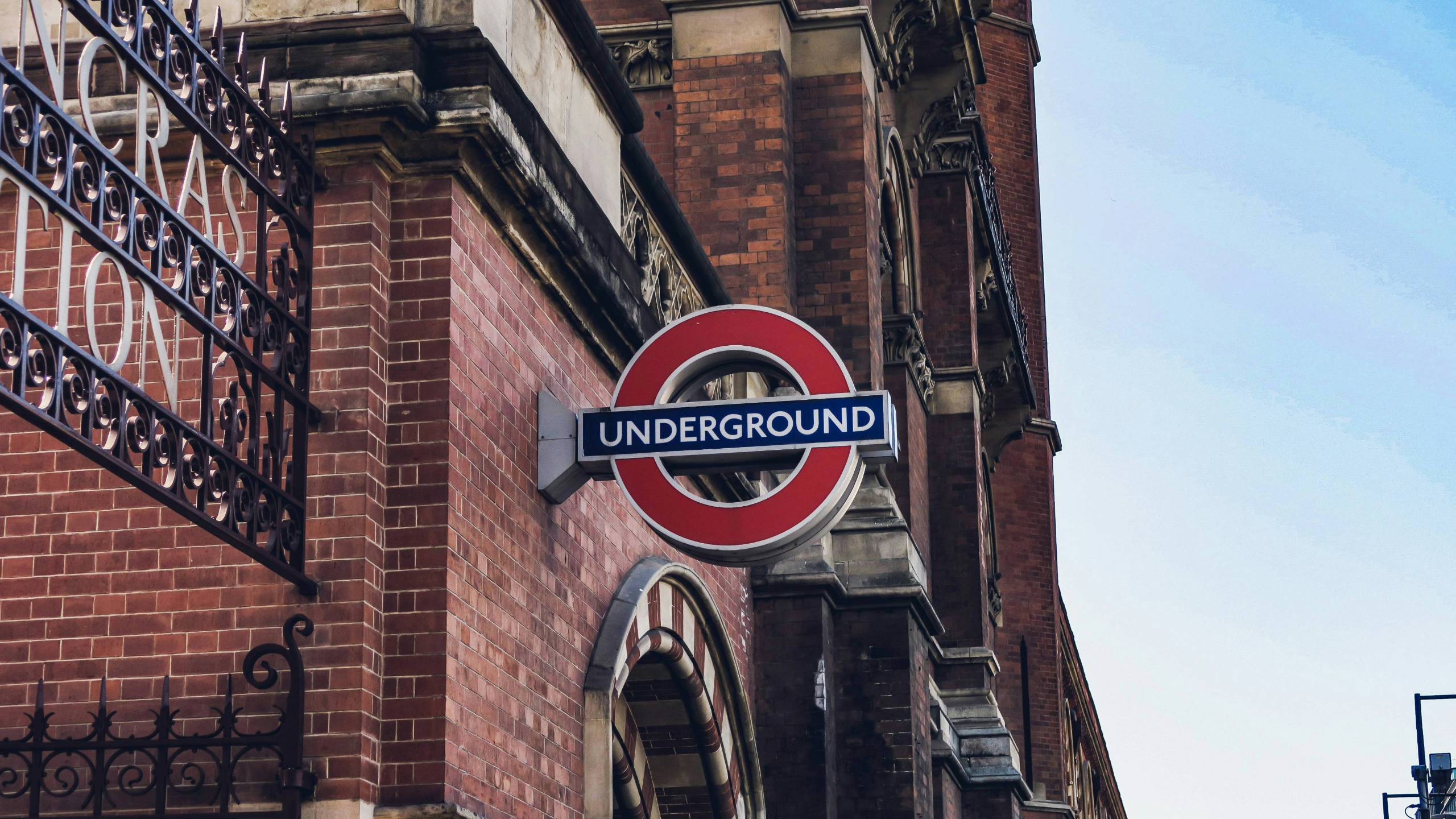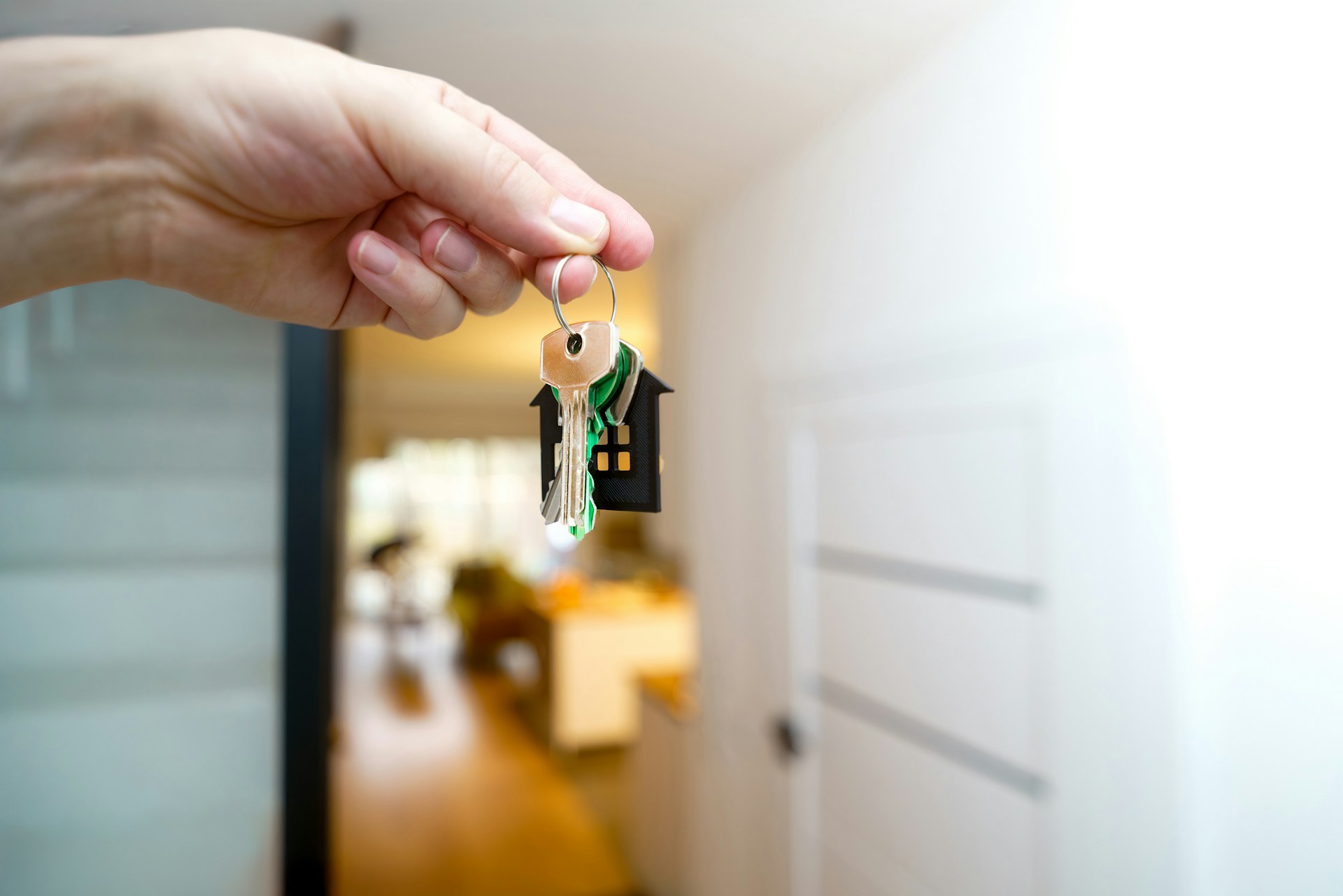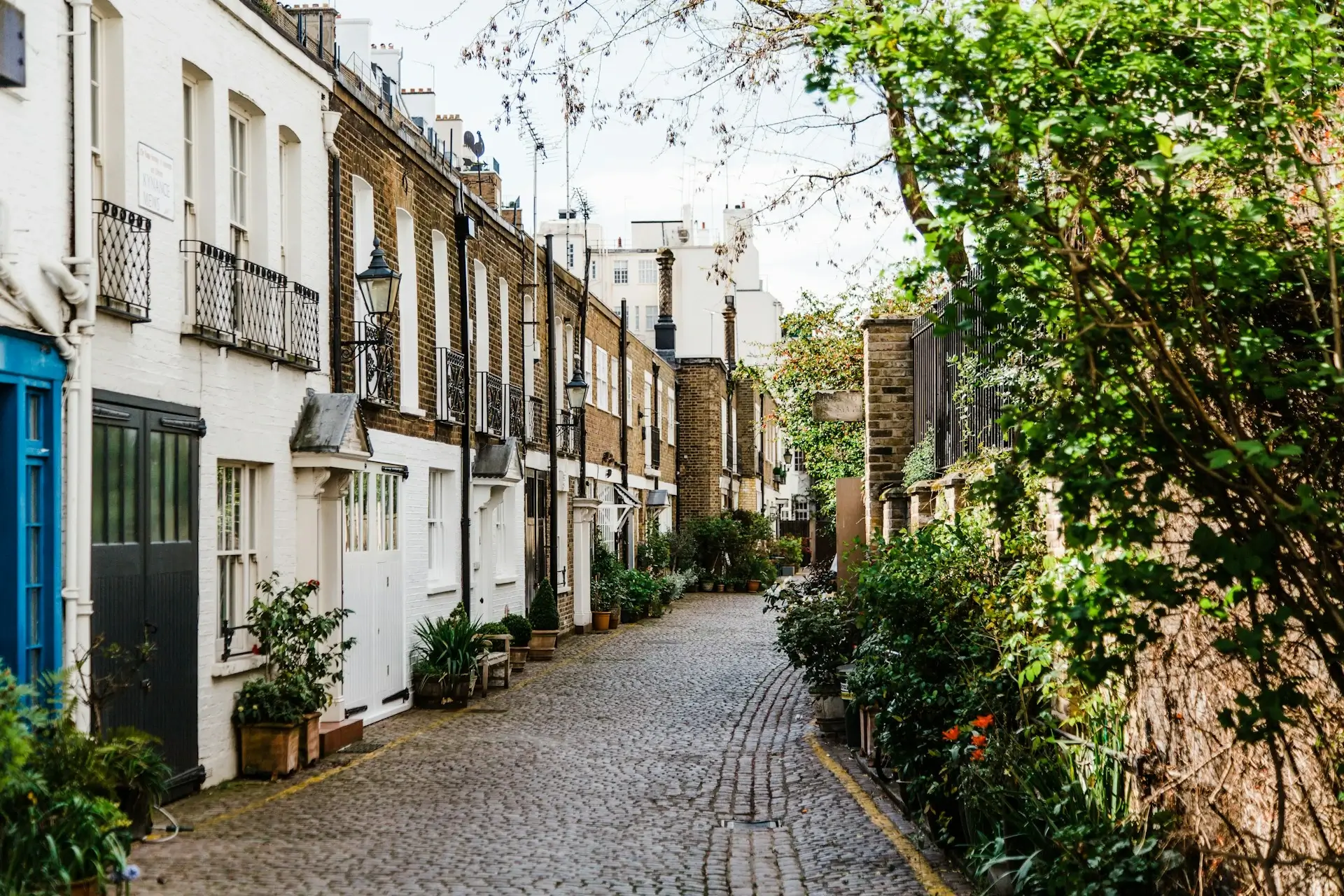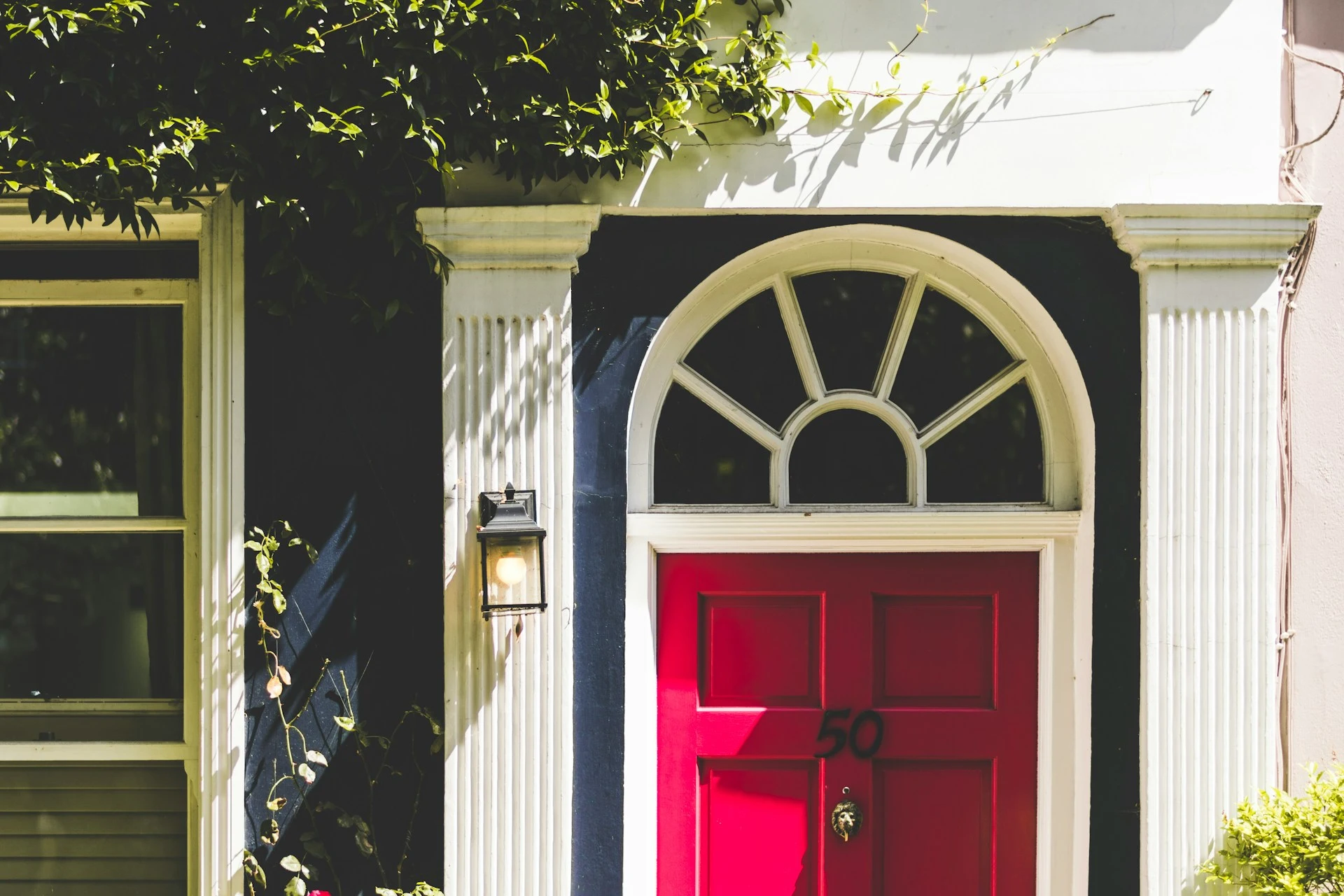Stamp duty, also known as a stamp tax or documentary tax, is a tax which the government uses to charge documents that are needed to legally record some types of transactions. Stamp duty can also be the tax that you will need to pay to the government when you buy a house.
The tax is usually calculated as a percentage of the entire property’s value. It is paid by the buyer. This type of tax serves as a financial part of the legal transfer of property rights from the seller to the buyer.
All the rates and rules can be different and will be based on the location. Stamp duty will be charged when you buy something that you cannot move from one place to another. This could be a house or a land.
Payment
First time buyer stamp duty would be a little tricky, as there are some things you will need to know. The payment of the stamp duty UK will have to be paid in full, meaning no payment in small amounts is allowed. If the full amount is not paid on time, then you will be charged a fine.
Aside from being a tax document, it is also a document that can be used in court as evidence. The payment must be completed before a certain deadline. For example, it has to be completed before the legal document is prepared, during the process of preparing, or only a day after it is prepared.
As mentioned above, the buyer makes the payment. If two people exchange two things, then both the buyer and seller will need to pay the stamp duty. The amount will be the same.
Important Things to Know
There are some very important things to know, especially important for stamp duty first time buyers.
- If there is a lack of documents, then the officer in charge might need to require some additional documents.
- Details of the location of the house, year of building it, number of floors, and more, need to be described in detail if you want the stamp duty process to end quickly.
- Both the seller and buyer need to submit some documents for the stamp duty. Those documents might be transfer documents, mortgage deeds, selling certificates, gift deeds, lease deeds, and more.
How Much is Stamp Duty?
There are different rates for stamp duty. Each type varies for prices and rate showing how much stamp duty costs..
| Minimum property purchase price | Maximum property purchase price | Stamp duty rate |
| £0 | £250,000 | 0% |
| £250,000 | £925,000 | 5% |
| £925,000 | £1,500,000 | 10% |
| Over £1.5 million | – | 12% |
Stamp Duty For a First Time Buyer
The stamp duty applies to most property purchases, especially in England and Northern Ireland. It might seem confusing to you when you make your first purchase, but the rules and stamp duty exemption for first time buyers are different.
You only need to pay stamp duty when the value of your property (maybe residential property) is above the already set amount. The standard stamp duty rate will apply only when your property is more than £625,000.
| Minimum property price | Maximum property price | Stamp duty rate |
| £0 | £425,000 | 0% |
| £425,001 | £625,000 | 5% |
| £625,000 | £1,500,000 | 10% |
| £1.5 million or more | – | 12% |
Exemptions
There might be some situations where you can be eligible for SDLT (stamp duty land tax) reliefs and exemptions. You do not have to pay SDLT or file a return in the case of the:
- The property was left for you in a will
- The property was transferred to you because of a divorce
- The property is above £250,000, and the seller agrees to a lower offer
- The property was given to you as a gift or was transferred to you without paying for it
If one of these is the case, then you do not need to pay any stamp duty tax.
Stamp Duty Relief for First – Time Buyers
First let’s define what a first – time buyer is, as a. A first – time buyer is a person who is buying a house or property for the first time.
If you are a first – time buyer and live in England, then you will not pay stamp duty on any property that is under £425,000. If your property is worth more than that, then you will have to pay a certain percentage. The percentages can be seen in the table above.
If the property that you are buying is worth more than £625,000, you need to pay the standard stamp duty rate. But then, you will not be able to qualify for a first – time buyer stamp duty relief.
Rules for Claiming the First – Time Buyer Relief
You need to fulfill some conditions in order to claim the tax relief:
- The relief is available to individuals only. The relief cannot be claimed if it is a joint purchase, a company, or a limited partnership.
- Relief can be claimed only if you buy one thing. If you buy two or more, you will not be able to claim the relief.
- The relief cannot be claimed if the buyer has owned an interest in a home in the United Kingdom or somewhere else in the world.
- The home must be used for living purposes and not for marketing. If that is the case, the relief cannot be claimed.
Repayment of Higher Rates
If you buy a new house before selling your old house, then you will have to pay higher rate stamp duty. You will pay a higher rate because now you own two houses.
If, by any chance, you end up selling your old home within three years of buying your new home, then you will be able to apply for a refund. A refund is the amount of money that you have paid the first time you bought the home.
Asking for a refund can happen if you sell your main home within three years. You can also ask for a refund within 12 months of selling your old main house.
Rates for Additional Properties
Usually, you do not need to pay higher rates if you are buying a caravan, a mobile home, or a houseboat. If the property is under £40,000, you will not be obligated to pay any stamp duty tax.
If you have not sold your old home, but you have bought a new home, then you will need to pay an extra 3%. But, if you already sold your old home and replaced it with a new one, you will not pay the extra 3%.
In case you sell your old home within the next 36 months after buying the new home, then you can claim a refund with HMRC.
Not Payable Stamp Duty
There might be some scenarios where the stamp duty may not be payable. For example, if a couple agrees to separate without getting a court order, then they will be treated as an unmarried couple.
Another scenario would be if a property was left through a will. The property will not be a part of SDLT (stamp duty land tax). Also, there is no requirement to inform HMRC in this case.
And the last scenario could be if you give your home to someone else. They will not have to pay the taxes if there is no mortgage on the property.
Stamp Duty Discounts as a First – Time Buyer
As a first-time buyer, in order to get a stamp duty discount, you will have to qualify for it. There are some specific qualifications that will allow you to get a stamp duty discount. You will get a stamp duty discount only if:
- The house you are buying will be your main home.
- You have not owned a property before.
- You do not have any leasehold interests.
- You do not own a foreign property.
If you meet these qualifications, then you will be able to get a stamp duty discount as a first – time buyer.
Requirements
Buying a house with another person may make the whole process a little less difficult.
The reason why it might be tricky is because both sides will need to be first – time buyers. Everyone who will get involved in your application must be a first – time buyer.
If you are a first – time buyer, but the other person is not, then the standard stamp duty will be charged on your property.
How Can a First – Time Buyer Pay Stamp Duty?
Do not worry about the payment process. It is very easy. Usually, paying can be done with assistance by a solicitor. If you do not know what a solicitor is, they are people who deal with many legal matters like representing clients, advising people, and more legal things.
You can start by filing a stamp duty return. If you owe something, you need to send a payment to HMRC within 14 days before buying the house.
You will receive an 11 – character transaction reference number. Then, you need to select a payment method that suits your needs (selecting a bank transfer, online payment, or cheque). And last but not least, settle your money by using your transaction number as a reference.
Filing Stamp Duty Late
As we mentioned above, you need to make sure stamp duty paid on time to avoid getting a penalty. So as a first – time stamp duty buyer you need to remember to pay the stamp duty on time.
So how much will you be fined if you pay stamp duty late? The fine can vary based on how much time it took you to pay the stamp duty. For example, if you are late for up to three months, you can be fined £100. If you are more than three months late, then you will be charged a £200 fine. But you will not only be charged a £200 fine, but also with interest.
As we have said before, your solicitor can help you with the process to ensure you pay everything on time and avoid the penalty.
Adding Stamp Duty on Mortgage
Some lenders will encourage you to add stamp duty to your mortgage. That, however, is not recommended. It will add to the amount that you already borrowed.
It will also increase the loan – to – loan value or LTV of your mortgage. This will lead to the increase of your borrowing costs.
Will Mortgage Affect Stamp Duty Bill?
A mortgage can affect the stamp duty bill. It will be affected by the type of mortgage you choose to buy your first home.
- If you have a joint mortgage with someone else, both of you need to be first – time buyers to claim the stamp duty relief.
- Guarantor mortgages could also be a problem. If the guarantor is not named on the title deed, then you will be able to claim the duty relief.
- If you have been gifted a deposit, but the name was not not on the title deed then you can still qualify for the first – time buyer stamp duty relief.
Benefits as a First – Time Buyer
If you are a first – time buyer then it will be good for you to know that there are some benefits that come along with that.
- Buying a house will be cheaper for you as a first – time buyer, meaning you are not required to pay the stamp duty. But if you owned a property before, even if it was an inheritance, you will have to pay the stamp duty.
- You will be eligible for government schemes. This means that if you cannot afford a mortgage repayment to buy the house, you can consider a shared ownership scheme. This is when you can buy 75% of the property and pay rent to the other person for the rest.
- You can complete the process faster. As there will not be many people involved in the process, it will be faster to buy the home.
- You can save faster for a deposit. One of the best ways of saving money is to open a Government Lifetime ISA. On this account, you can save up to £4000 per year. Plus, you will not pay any interest for the savings.
Required Documents
As a first – time buyer it is very important for you to have the relevant document. In order to avoid any holdups, you will need to prepare the documents upfront. It is essential for any non UK residents or any UK resident to be aware of the legal requirements in the country.
The main documents which will be needed include the sale deed and other documents that are related to the property. You will also need identity proofs of both the seller and the buyer. Nowadays, there are lots of scams, so you need to be extra careful.
Interesting Facts About Stamp Duty
The following is a list of interesting facts about stamp duty:
- In some places, there might be special services that offer a deduction on stamp duty for women buyers. This is done to show that women can buy homes or properties as well. The deductions can vary, so if you are a woman homebuyer, check out your local services to see if you qualify for this benefit.
- Many states or countries encourage online payment for stamp duty. This is mainly done because the whole online process is very simple and easy for everyone.
- Stamp duty can be applied on a gift deed, but the stamp duty rates can vary. You will need to understand the rules of the process for both the gifter and the person who received the gift.
- There are some cases where the property is transferred to a trust. If this is the case, then the stamp duty can be applied on the trust deed.
- As we all know, properties can be sold at auction sales. If this is the case, then you need to know that there are specific rules. You need to understand how stamp duty will be applied in this type of scenario and how it ensures that both the bidders and sellers are prepared for the financial aspects.
- Interesting fact is that stamp duty varies by location. States and regions will have their own stamp duty laws which can be different in terms of rates, calculation methods and other things. It would be advisable to stay informed of all the possibilities.
Conclusion
Stamp duty is a tax you need to pay when buying a property. Whether you are buying a property alone or with a partner, there are certain rules that you need to know.
As a first – time stamp duty buyer, the process might seem long and hard, but that is why solicitors exist. Hiring a solicitor will be of great help during the whole process. Not only will it help when buying, but it also will help with the stamp duty reliefs and exemptions.
Please note that if you are a woman first – time buyer, there are some benefits that you can look forward to. When you check the benefits of any tax relief program, it is also important to be aware of some of the facts if you are one of the overseas buyers, where your main residence is registered, and if you have any additional property that may create a different structure on your case. Stamp duty rates are an important factor as well.
Frequently Asked Questions
How can I claim a tax relief as a first time buyer?
If the property you buy in the UK is your first home, you can claim a tax relief. You can claim a tax (relief) if the property you buy is your first home.
How do I avoid stamp duty when buying a house UK?
It is not guaranteed way to completely avoid stamp duty. You can potentially benefit from reliefs if you qualify as a first-time buyer or if you buy a property under a new or assigned lease. Additionally, it’s also possible using a stamp duty calculator.
Who qualifies as a first time buyer in the UK?
The individuals who never owned a residential property in the UK or any other country can be considered a first-time buyer in the UK, including the ownership of freehold property and shared properties.




